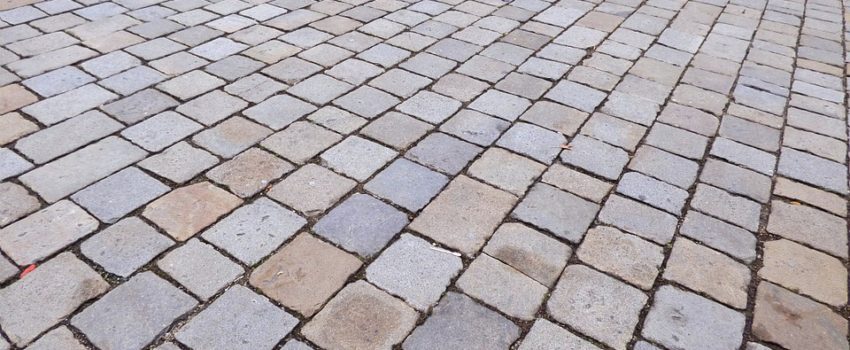What is pavement?
Paving blocks is a common decorative method of designing a pavement or hard-standing. Made from either concrete or clay, paving blocks design varies with jobs or tasks available to be done. Like other blocks factory, paving blocks manufactures requires professionals to man its production, for quality, shape and possibly color as the case may be.
Paving blocks manufacturers employs various technologies to mass produce blocks not only alike but durable, to resist heavy loads and not easily damaged.
Type of Paving Blocks:
There are two major types of paver blocks namely: concrete and clay.
Concrete Paver Blocks
Concrete paver blocks are mass produced to standard sizes. Typical concrete pavers are interchangeable with one surface smooth and the other rough. The nature and performance of concrete paver blocks make it ideal for heaviest duty needs, is able to support massive loads and resist shearing and breaking forces.
Though comes with different shades of colors, but care must be taken in selecting colors because it fades out with time. Concrete paver blocks are best suited for driveways, laying of pavements and walkways.
Clay Paving Blocks
Clay paving blocks as known as bricks or cobbles, they are available as rectangular blocks though custom built can be made for specific projects. Both surfaces of these blocks are usable and interchangeable. These blocks come with natural color, so its color doesn’t fade with time. Also they are most suitable for walls and pillars.
Benefits of Paving Blocks in Construction
There are many features of paving blocks that make it suitable in a construction project as compared to conventional methods in construction which are:
1. Mass Production and Good Quality
Mass production under factory conditions ensures blocks having consistent quality and high dimensional accuracy. Also, good quality of blocks ensures durability of pavements, when made to specifications.
2. Resistant to Thermal Expansion
Concrete paver blocks do not suffer structural failures and are not affected by thermal expansion or contraction.
3. Easy to Deploy
These concrete blocks do not need curing, so it can be opened to traffic immediately after construction. Paver blocks are more or less pluck and play kind of material.
4. Access to Underground Facilities
They are easier to remove and replaced than asphalted roads, so these blocks provides ready access to underground utilities without damage to paving blocks.
5. Cheap Maintenance
Maintenance of these blocks is easy and simple with low maintenance costs, and is hardly affected by fuel or oil spillage.
Concrete Pavers made from high quality construction materials with good quality control can be the better alternative to permanent asphalted roads in terms of maintenance and cost.

